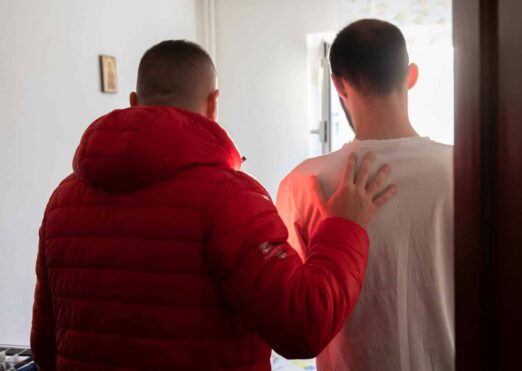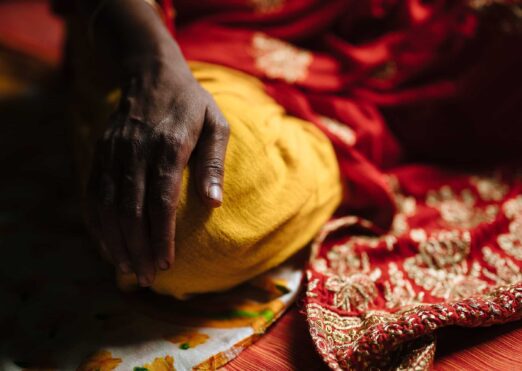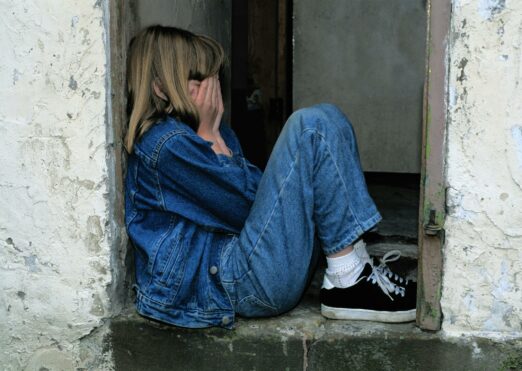The fight against modern slavery goes on after the Illegal Migration Bill passes
July 21, 2023
Tatiana Gren-Jardan, the Head of the Modern Slavery Unit at Justice and Care and the Centre for Social Justice, shares her thoughts as the Illegal Migration Bill becomes law.
For those of us dedicated to the fight against modern slavery, this week has been far from easy – but not without hope.
MPs have now passed the Illegal Migration Bill. The legislation rolls back protections for victims of slavery who have arrived in the UK illegally, often against their will.
Young women who have been raped multiple times a day in brothels, people who have been forced to work in unsafe conditions for pennies when they were promised legitimate jobs, will be criminalised rather than having the support they deserve.
The new law fails to make a distinction between human trafficking and people smuggling. Neglecting to clearly draw a line between those who are voluntarily smuggled into the UK in small boats and those who are trafficked and forced into exploitation will mean victims of trafficking will become even more fearful to come forward. That, in turn, means police and prosecutors will not be able to pursue those responsible.
Rather than being put behind bars, traffickers will be able to walk our streets, enjoying the freedom they deny their victims – as the former Prime Minister Theresa May made clear while battling the bill in Parliament. Speaking in the Commons, she said that, despite assurances from Ministers that the Bill will enable more perpetrators to be stopped, on modern slavery the opposite will be true: ‘This Bill will enable more slave drivers to operate and make money out of human misery. It will consign more people to slavery.’
Our Joint Unit, run in a partnership between Justice and Care and the Centre for Social Justice, has been supporting the Rt Hon Theresa May MP, Sir Iain Duncan Smith MP and Lord Randall in their attempt to amend the Illegal Migration Bill to exclude victims of slavery exploited in the UK from its damaging impact. Although passed in the Lords twice, Lord Randall’s amendment was rejected by the Government on both occasions.
However, the Minister for Immigration has committed to include a provision that will allow victims who have been exploited in the UK a 30 day minimum period to stay and establish cooperation with police investigations – which may be able to be extended if they are engaging with investigations/prosecutions.
Jess Phillips MP, the Shadow Minister for Domestic Abuse and Safeguarding, also offered hope. Speaking at an event hosted by our Joint Unit, she said that a Labour government would disentangle modern slavery from immigration crime.
She reminded us that one in four victims of modern slavery are British nationals, with children particularly vulnerable, and called for a strategic criminal justice response to increase the number of prosecutions and convictions. We need a multi-agency response to support survivors and more action from businesses to ensure their supply chains are free of slave labour.
So looking forward, what are our priorities in the fight against this evil crime?
We must ensure that the guidance promised by the Government is delivered following the enforcement of the Illegal Migration Act.
We need to gather evidence of the impact of the new legislation on possible victims.
And more than ever, we need a co-ordinated approach that sees frontline charities and statutory authorities uniting to beat the slavers.
As Jess Phillips put it, “Modern slavery has no place in any part of our country, every victim must be supported, and every perpetrator convicted.”
You can watch her speech in full here.


